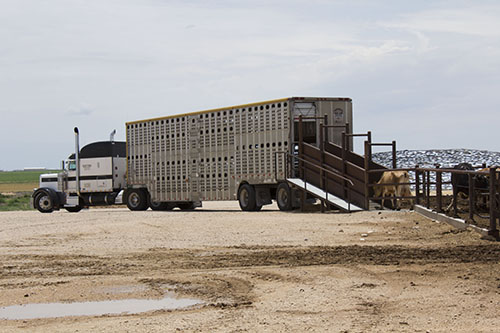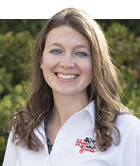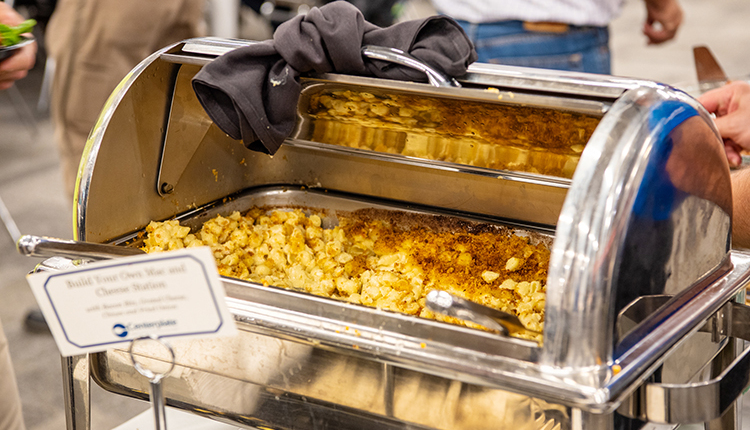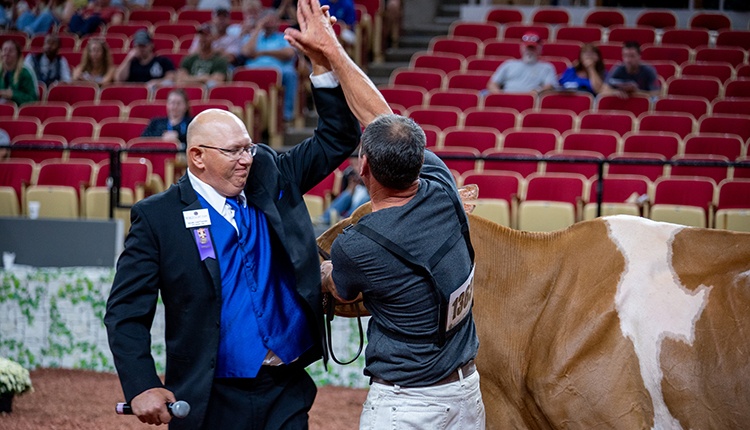
With strong milk prices, farms may wish to bring more cows in to help fill the bulk tank. Outlets for purchasing dairy cattle are plentiful, but so are the disease risks new animals can bring to your herd.
Introducing new cattle may be more risky than ever before. In an article in the Dairy Farmers of Ontario publication Milk Producer, veterinarian Ann Godkin explained that more access to a greater variety of tests at a lower cost from veterinary diagnostic labs and milk recording organizations have led farms to do more testing. This is obviously a positive for the dairy industry, but with more testing producers become more aware of a cow's disease status and more likely to remove a test-positive cow from the herd.
While export requirements may require a certain disease or test status, there are typically not restrictions on sending cows to a local sale. Thus, the risk of healthy-looking, test-positive cows appearing in the local marketplace has likely grown. Buying a cow without knowing its history and assuming it is healthy based on visual inspection poses a greater risk today than before due to the widespread use of tests for subclinical disease, Godkin noted.
Some cows may actually leave a herd healthy but then become infected when mixed with other animals at the sale barn or during transport. The bottom line is, the more you move or add cows, the higher probability of infection being introduced in the herd.
Godkin offered a few tips for adding cows to the herd:
- If you need to add cattle, plan ahead rather than making an impulse purchase.
- Maximize the herd's immunity through vaccination.
- Buy directly from herds rather than sale barns.
- Know the health status of the herds you are buying cattle from.
- Use clean trucks to transport, and don't mix cattle during transportation.
- Test for disease before buying.
- Isolate cattle for at least four weeks before introducing them to the herd.
- Don't buy pregnant cattle, as even if the cow is tested clean, the unborn calf may not be.
- Bulls are no exception and may most a greater risk since they move from herd to herd and come in contact with a high proportion of your cows.

The author is an associate editor and covers animal health, dairy housing and equipment, and nutrient management. She grew up on a dairy farm near Plymouth, Wis., and previously served as a University of Wisconsin agricultural extension agent. She received a master's degree from North Carolina State University and a bachelor's from University of Wisconsin-Madison.








